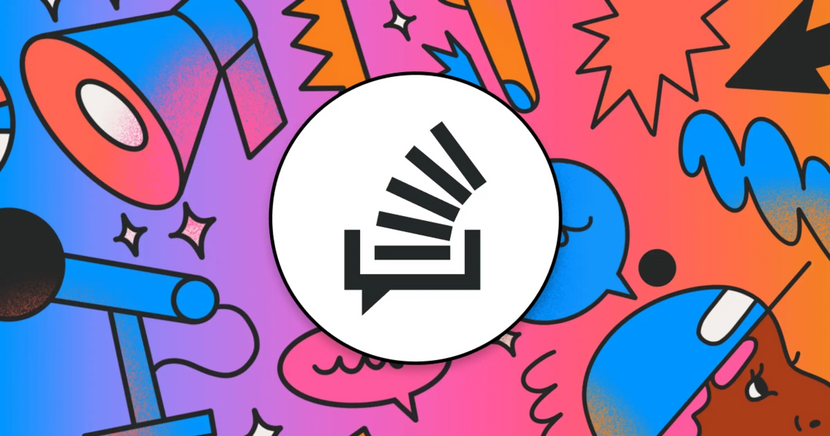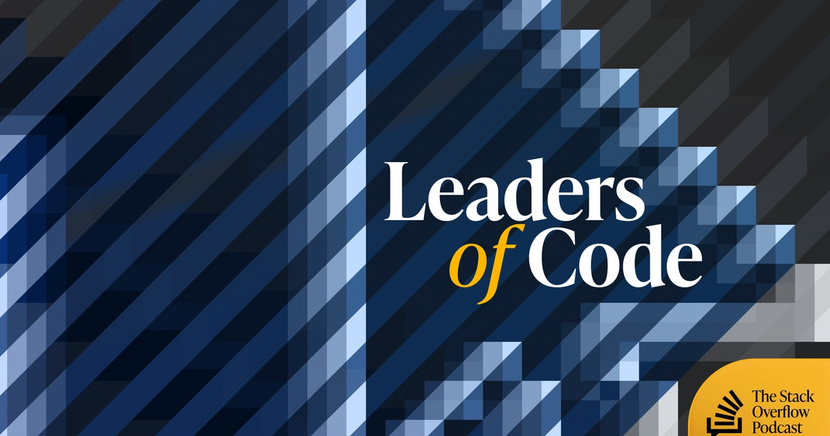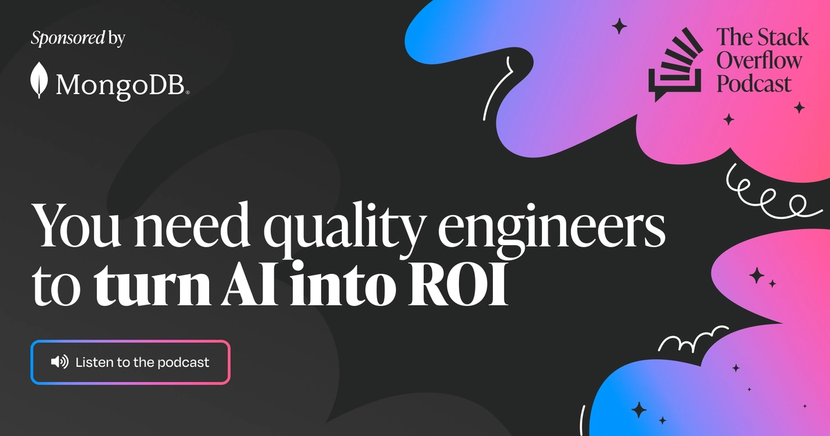The logos, ethos, and pathos of your LLMs
Ryan is joined by Professor Tom Griffiths, the head of Princeton University’s AI Lab, to dive into findings from his new book The Laws of Thought, which explores the history of the philosophy, mathematics, and logic that underlie artificial intelligence, and scientists' efforts to describe our minds using mathematics.





